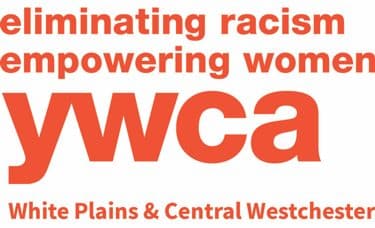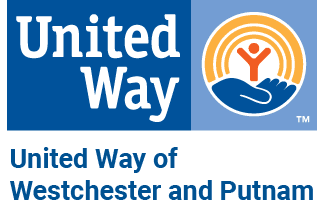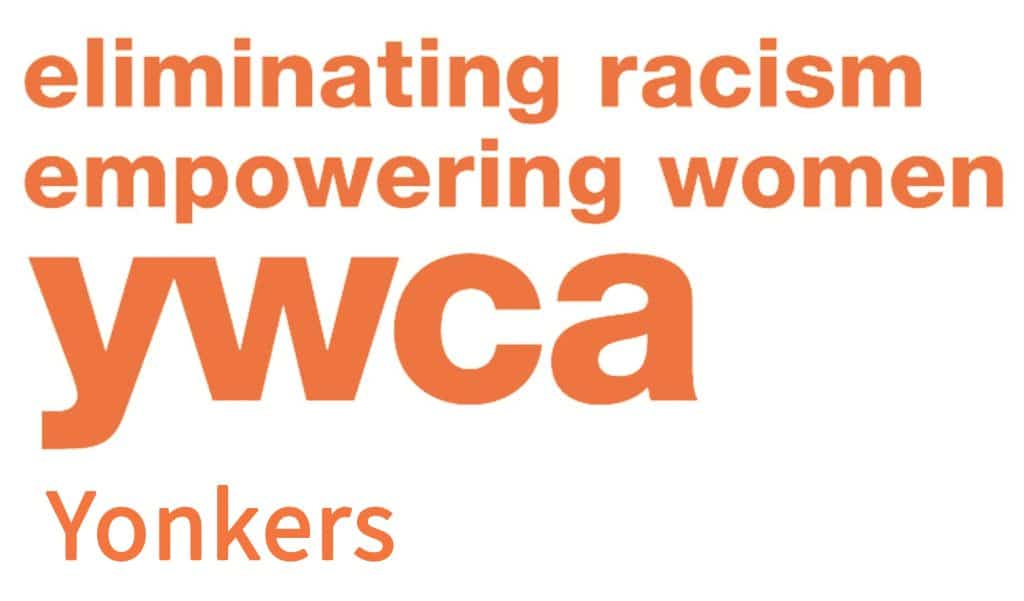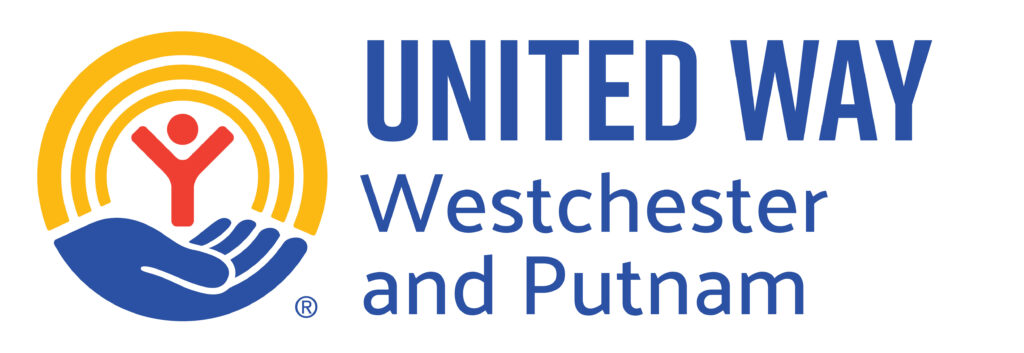Day 5: Reclaiming the Power of Food
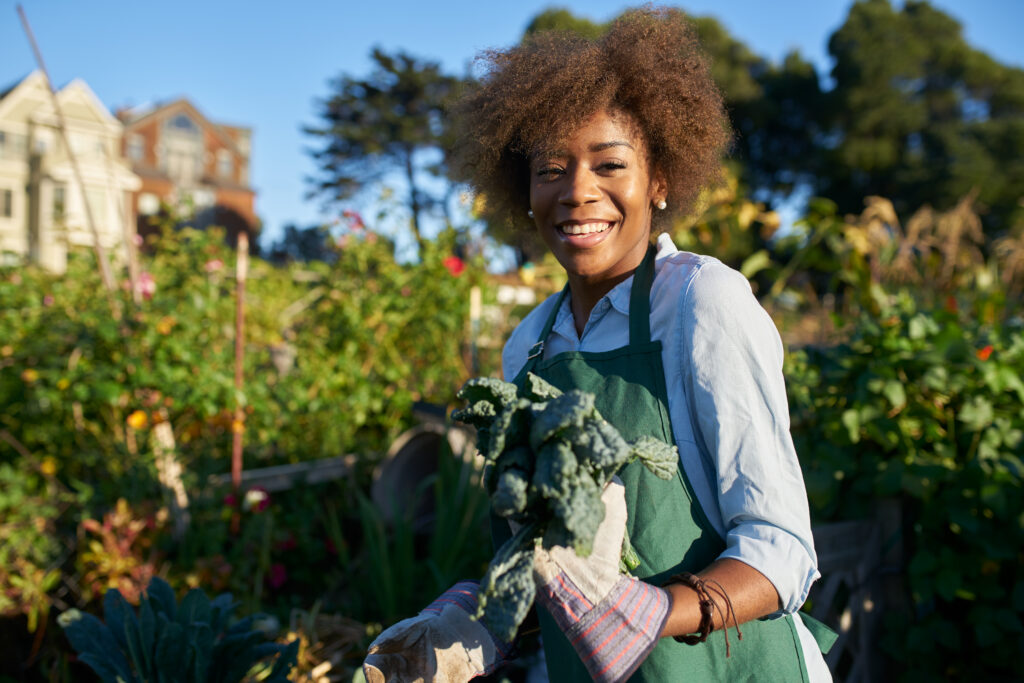
Since the dawn of the United States, Black and Indigenous people have been stripped of their land, rights, and power. However, with the rise of the food justice movement, BIPOC community members are reclaiming that power by becoming self-sufficient farmers. Instead of allowing White men to control the food system, food justice leaders are tapping into their roots and reconnecting with the land to control their own local food and economies. The USDA Census of Agriculture found that 95% of all agricultural producers are White (2017). By shifting the power back into their own hands, BIPOC farm owners and food growers can control their wages, working conditions, and access to fresh, nutritious, affordable, culturally relevant food.
Today you will learn how BIPOC community members are reclaiming the power of food and dismantling food injustice through urban agriculture and land ownership.
“To free ourselves, we must feed ourselves.”, Leah Penniman, James Beard Leadership Award winner, co-founder of Soul Fire Farm, author, and food justice activist.
Today's Challenge
Watch
Watch this TED Talk to hear Devita Davidson, executive director of FoodLab Detroit and food justice activist, explain how Detroit, the leading city in urban agriculture, is reclaiming its agricultural power and ownership of farmland.
- Watch Anim Steel, Executive Director and co-founder of the Real Food Challenge, explain why the food crisis is a symptom of systemic racism and ways to combat these injustices.
Read
Read this article to learn about how Black farmers in New York are fighting food insecurity in their communities through urban farming.
Read this article to hear how Angela Ferguson, Indigenous food sovereignty leader, is making strides in fighting food inequities by helping Native communities become self-sufficient.
Read this Op-ed piece by Karen Washington, James Beard Foundation Leadership Award winner and food sovereignty leader, to better understand how urban agriculture helps BIPOC community members fight racism and reclaim their power.
Dig Deeper
- If you would like to explore this topic further, visit https://nbcnews.shorthandstories.com/leah-penniman-soul-fire-farm/ to learn exactly how Leah Penniman is fighting to end racism in the food system.
Plant Your Seed
- If you are located in the US, use these directories to find and support:
- Black-owned farms near you
- Latinx food changemakers
- Asian American and Pacific Islander-owned farms
- Indigenous food producers
Reflection Questions
- How are you already, or how could you become, engaged in the food justice movement as a professional, student, or community member?
- What are the local BIPOC-owned farms, restaurants, or stores in your area that you could support?
- What would daily, monthly, or yearly reparative food justice action – at personal, community, or broader scales – look like for you?
The 5-Day Social Justice Journey is Presented by
